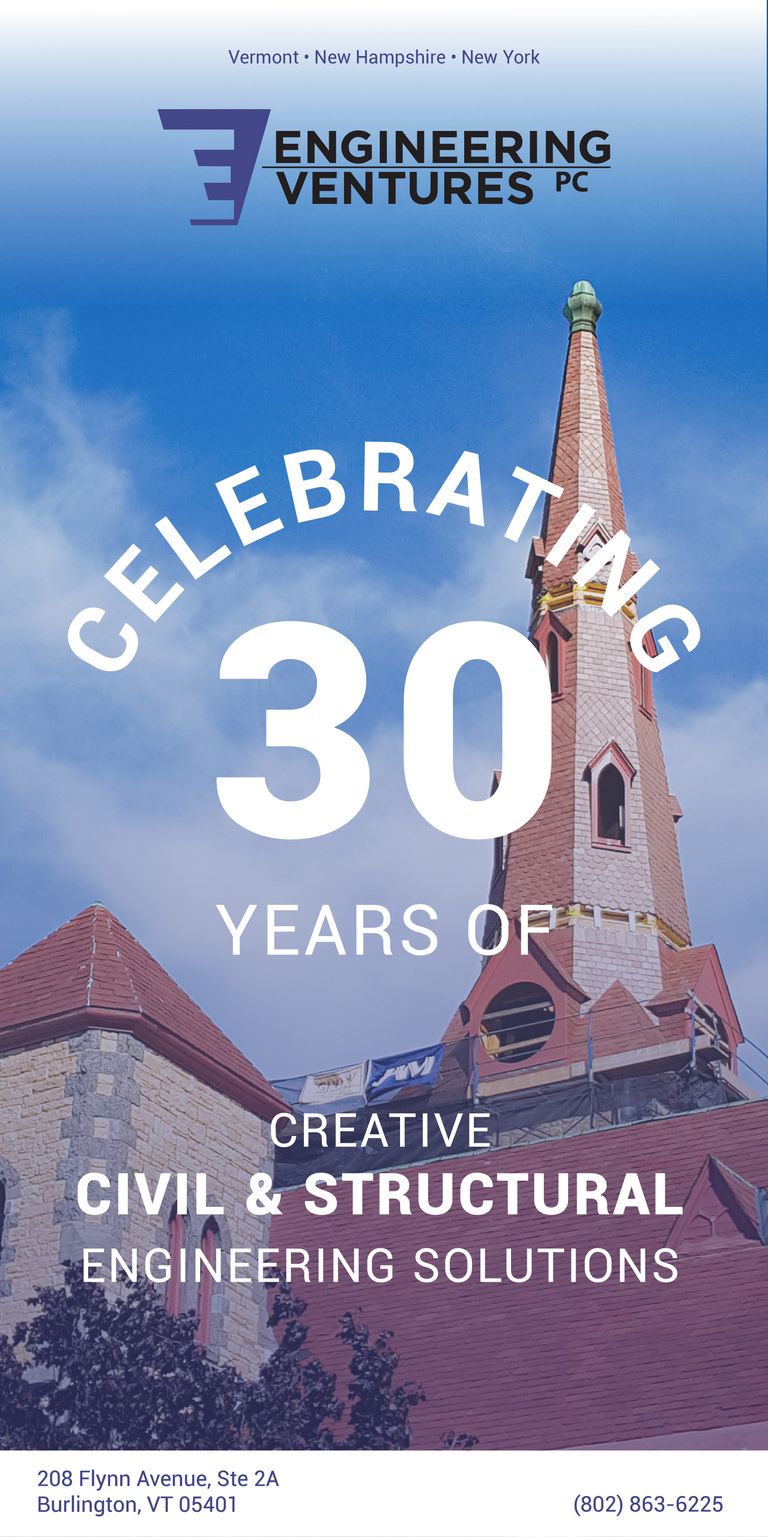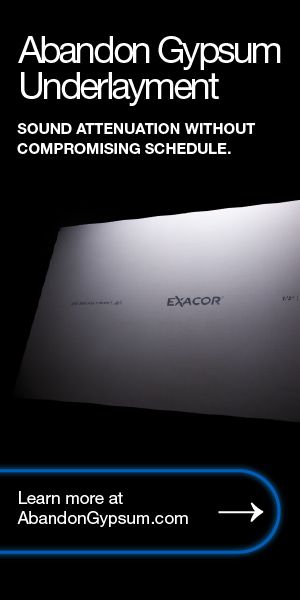The Effects of COVID-19 From the Perspective of our EPN
The pandemic has created an array of unprecedented impacts for professionals in all fields of work. Now, twenty months into this global situation, an array of our Emerging Architecture Professionals share their experiences transitioning into what is becoming their new normal and how COVID-19 is affecting their budding careers. Many emerging professionals seem to share similar experiences in certain areas, while having nearly polar opposite experiences in other areas.
Remote Work
In March of 2020 many firms had to make the difficult decision to shift to remote work as we saw stay-at-home mandates implemented. Most firms went into a full-time work-from-home mode and while many found the transition smooth, some found the shift difficult. Some firms had already begun the shift toward more online-based and remote work models either because of the structure and size of their firms or due to the foresight of shifting technologies. Some individuals, however, felt they had to make significant efforts to make this rapid shift in the work environment. Technological barriers, in different forms, caused many of the difficulties reported. For example, some were asked to use personal equipment to accommodate working from home, which then aided in inconsistencies with collaboration and communications. Others found that inexperience amongst themselves and coworkers with telework platforms contributed to these problems. Because of these instances, some emerging professionals felt a sense of isolation during this transition and that their full potential and abilities were not being utilized well.
On the other hand, several individuals had a pleasant and beneficial shift into remote work. In one instance, the individual had not been working for their firm for very long before the shift to work-from-home order went into effect. They found that in the new situation it was actually easier to approach and reach out to senior staff for mentorship. They felt it was more straightforward and efficient to seek help or advice in this manner. In another instance, an individual tasked with helping a new employee learn Revit remotely was made easy with screen sharing technologies.
As months went by and developments were made on the COVID-19 front, firms have been able to adapt to the shifting environment. As employees began receiving vaccinations, firms began a movement back to in-office work. While initially there seemed to be a unanimous shift to full-time remote, the return to in-office work seems to be more varied. Some firms are back to full-time in person, some have implemented a part-time model, and others maintain a full-time work-from-home mode. Most are unsure of the permanency of these modes, but expressed an immense interest in the opportunity to keep some of the flexibilities given as a result of the pandemic.
Mentorship & Experience
Similar to the topic of remote work, there seems to be an array of different experiences when it comes to the pandemic and new work models that affect emerging professionals' access to mentorship and experience. The most commonly heard criticism of the new work-from-home model is that emerging professionals are not experiencing as many learn-by-proxy situations. One benefit of in-office work, especially in open-office models, is that one can easily learn through the experiences of coworkers. With the shift to remote work, there was a significant reduction in these opportunities. Many reported they saw less collaboration amongst coworkers on projects and found their work to be more individualistic. One emerging professional went so far as to create an explicit group in their firm to facilitate an environment where they can share experiences, resources and answer questions amongst each other. Another similar area that emerging professionals noticed was a reduction of opportunities to be on site. It is felt that with the lack of exposure to these kinds of opportunities, both in-person exchanges and on-site observations, the emerging professionals’ experience is being limited.
While there seems to be a concern about the nature of mentorship from emerging professionals, a common account is that emerging professionals are benefiting in other ways from the shifts in clientele and project markets. Many project types saw an abrupt halt while others picked up greatly. Emerging professionals are now getting experience on project types they might not have gotten before, resulting in more enriched portfolios and access to different experts to learn from.
Additionally, the employment market has fluctuated significantly as the pandemic has progressed. With the early uncertainty of the pandemic and the severe increase in building materials costs many firms experienced pauses and cancelations of projects. This resulted in an environment where job security and furlough became a major concern for emerging professionals. Internship slots were amongst the first to go away and many emerging professionals became worried about losing their jobs with the decrease in work demand. As the pandemic progressed the demand did seem to make a recovery. Projects that had been previously paused were now being resumed. Most of the individuals interviewed reported that their firms are incredibly busy now and that they are looking to hire new employees and interns to keep up with the demand.
Architect Registration Examination
Besides work environment and experience opportunities being affected by the pandemic, a third area greatly impacted was candidates studying for and sitting for their ARE’s. Not only did the outright closure of the single testing facility in the state for a period of time in 2020 affect this, but many changes were also introduced, modifying the way the tests are given. These changes, as well as a complete inversion of established study methods made it difficult for many emerging professionals to maintain, complete, or begin their ARE journey.
For some candidates with children at home, balancing their new work-from-home careers while also helping manage their children’s schooling-from-home became the focus of their energy. Others found that they previously relied heavily on in-person study groups and had to find new study methods once they were unable to meet with other candidates. A combination of these issues became de-motivating and derailed many EPN’s ARE momentum. As months passed by, emerging professionals are now finding their way back into a new found routine, but it has taken time to transition and learn a new process to gain that momentum back.
For those who have sat for an exam during this time, they are finding the official changes to the ARE that were introduced in the last year to be both beneficial and problematic. There seems to be a consensus that the reduced number of questions on individual exams has made the exams more manageable in the time given. Contrarily, the change in policy regarding the single break during the exam seems to have elicited much criticism. Once candidates choose to take their allotted break during the exam, they will no longer have access to previously accessed questions and reference materials. This change was introduced in an effort to standardize test taking both at official facilities and the new option for at-home test taking. Many reported that they are choosing to forgo the break entirely so that they can maintain access to the previous questions and materials. As for the at-home test taking opportunity, no emerging professionals that were interviewed reported attempting or utilizing this opportunity. One individual did share that they are in discussions with their firm regarding creating an approved test-taking space in the office and expressed how this could be a great option for firms to offer with numerous emerging professionals who are ARE candidates.
COVID-19 has caused a huge wake of interruption to emerging professionals’ gaining their licensure, but many are finding success in their new processes and establishing new momentum and motivation.
_________________________________
COVID-19 was shocking in many ways to our firms in this small architectural community. Hearing the different accounts and vastly different experiences from our emerging professionals truly highlighted the resiliency and ability to adapt in times of uncertainty. Firms have been able to explore models, ideas, and methods that may not have been feasible pre-pandemic. It is the hope that lessons and experiences learned from this can better our work environments and ultimately encourage this generation of emerging architectural professionals.
Important take-aways from emerging professionals experiences through the pandemic:
- One method of communication may not necessarily work for all firms or even all employees within a single firm. It’s important to be able to utilize multiple methods and to be flexible. Asking and acknowledging what form of communication is best for a particular work relationship can result in higher quality communication, collaboration, and learning.
- With the new remote work models being implemented, create healthy boundaries between work and home life.
- Recognize the importance of in-office time as well as work-from-home time. Both offer unique and beneficial experiences to progress your career.
- Try to take extra steps to reach out to peers and mentors to both create community and culture in your firm and to seek learning and experience opportunities.
- Be sure to take breaks from your screen throughout the day… and perhaps invest in blue-light filtering lenses!




